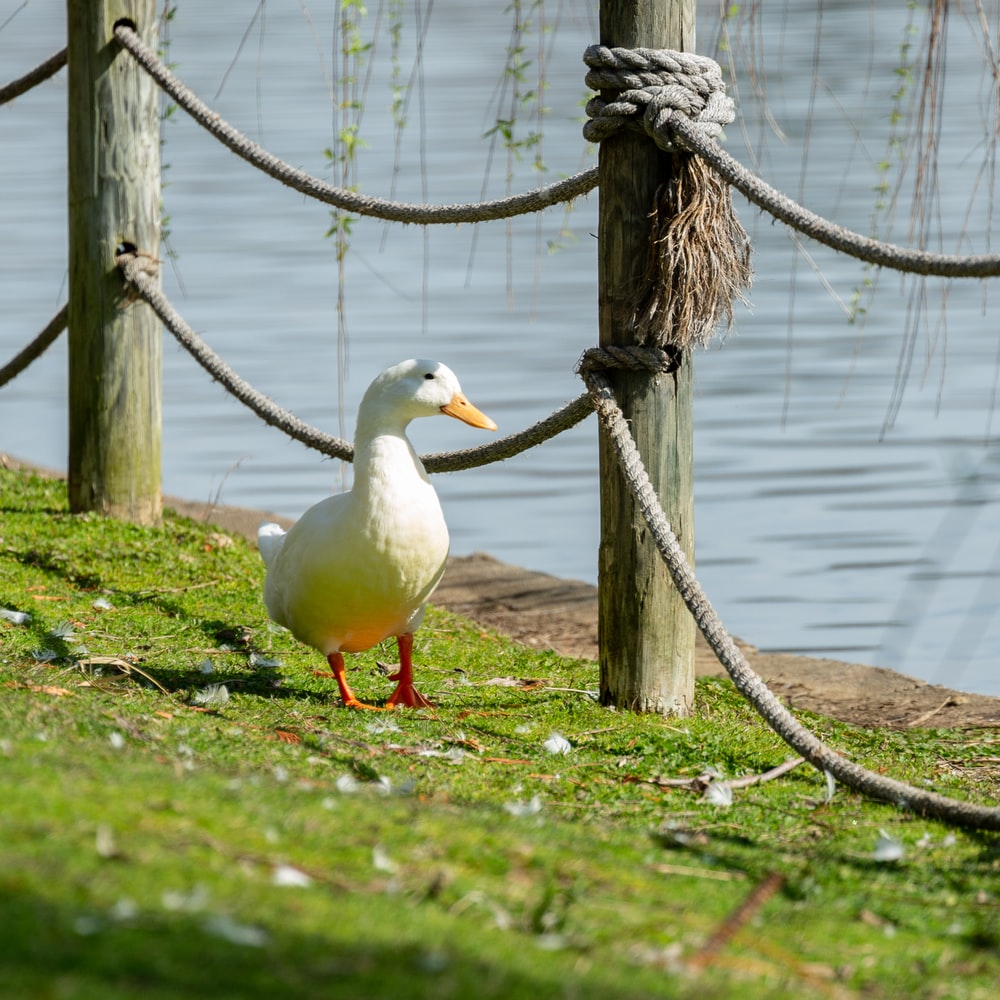Do you have ducks? These fun birds are personable, hardy, and entertaining. They’re also quite easy keepers. However, when winter comes along, your swimming, quacking buddies will need some extra TLC. A Greater Cincinnati veterinarian offers some tips on winter duck care in this article.
Wild ducks typically head for warmer territory in winter. However, that doesn’t mean that they can’t survive the cold. In fact, they are quite hardy! You will need to provide a suitable coop for them, however. This doesn’t have to be fancy, but it should be warm, dry, and easy to clean. Ask your vet for specific advice.
One of the most important things you’ll need to do is protect your ducks’ feet. These birds get frostbitten very easily! Unlike chickens, ducks don’t roost. Their feet are made for swimming, not curling around branches. Your feathered pals will need plenty of bedding! (Bonus: soiled bedding is a great addition to a compost pile.)
Making sure your birds always have clean water is crucial. When it’s really cold, you’ll need to keep it from freezing. You can use a heated dog bowl. Ducks are notorious for playing in their water bowls, and making huge messes of them. Expect to change the water a few times a day. They need water to digest food, so we recommend doing this just before mealtimes. You can put straw down around the buckets to keep your birds from sliding around on the ice.
One question many people have is whether or not they should heat their coops. This is actually a huge fire hazard, given how dry and flammable bedding materials such as straw or hay are. To insulate the coop, stack bales of hay or straw along the walls, either inside or outside the coop. Just make sure to provide enough ventilation.
In warmer weather, duck love to forage for insects. In winter, they will rely entirely on you for food. You’ll need to feed them about twice as much as you would in summer. A good pellet food should make up the bulk of their diet. You can supplement this with grains, and with things like mealworms and safe produce. For treats, peanuts and cracked corn are good options. Ask your vet for specific advice.
Do you have questions about duck care? Contact us, your Greater Cincinnati animal clinic, today!
